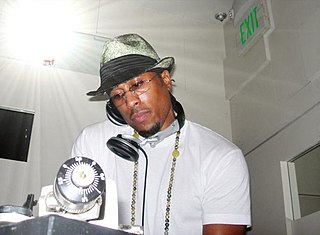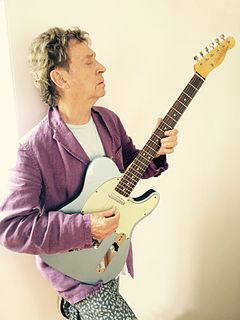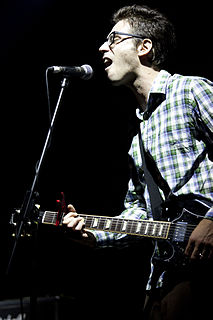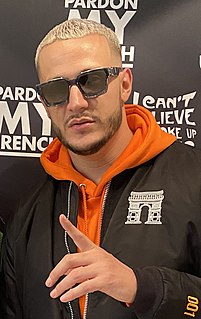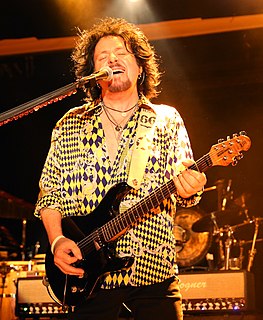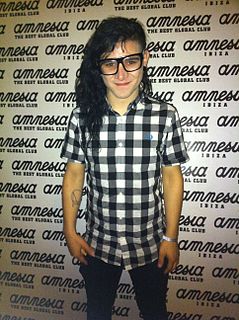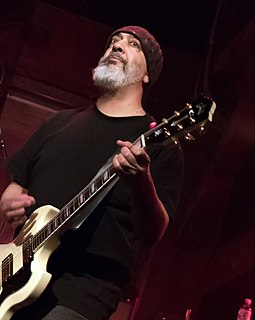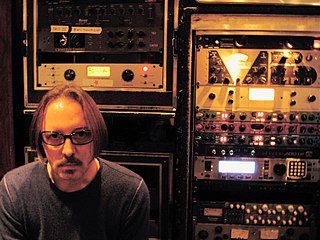A Quote by Wayne Static
Pighammer' is what I envisioned the first Static-X record to be; trancier, a bigger electronic vibe with more keyboards.
Quote Topics
Related Quotes
A big part of making a good record is really getting a vibe, and a vibe is a mysterious thing. The vibe kind of exists in the air in the room. It's not just all the stuff you put on there, and the specific notes and arrangements and all that. That's like half of it. The other half is just the air, and just the spirit.
In some ways it's hard to see electronic music as a genre because the word "electronic" just refers to how it's made. Hip-hop is electronic music. Most reggae is electronic. Pop is electronic. House music, techno, all these sorts of ostensibly disparate genres are sort of being created with the same equipment.
The spirit of Burzum never changed, but my ability to make music changed dramatically when I was imprisoned. It is more or less impossible to record music in prison, and the only music I could record was electronic music, when I was allowed to have a synthesizer for a few months in 1994 or 1995 and in 1998.
The place of electronic music, culturally and socially, is today completely different - it is now everywhere, and it has been totally accepted. Consequently, there is now a younger generation that is more focused on making great electronic music, good parties, and having fun, where there is not any more so much need for cultural and ideological statements in electronic music itself.

